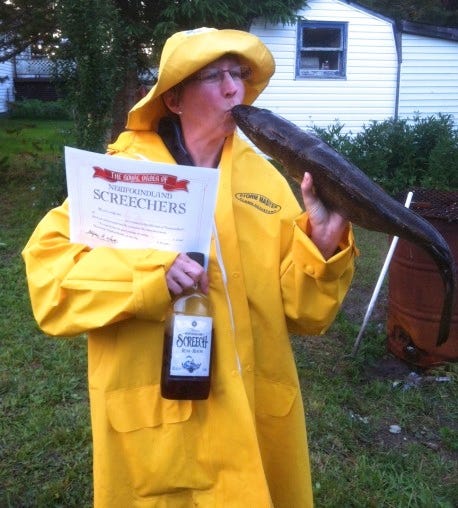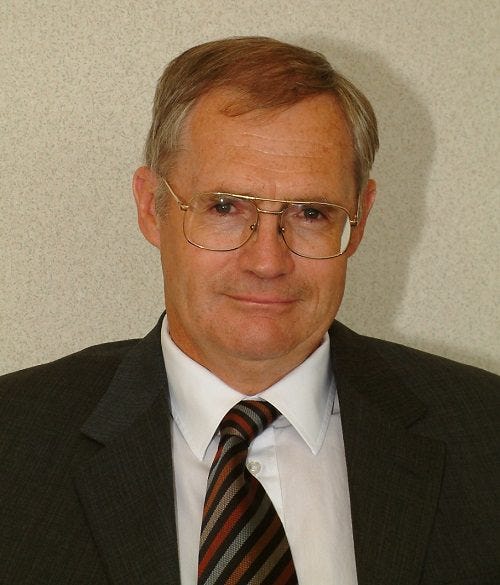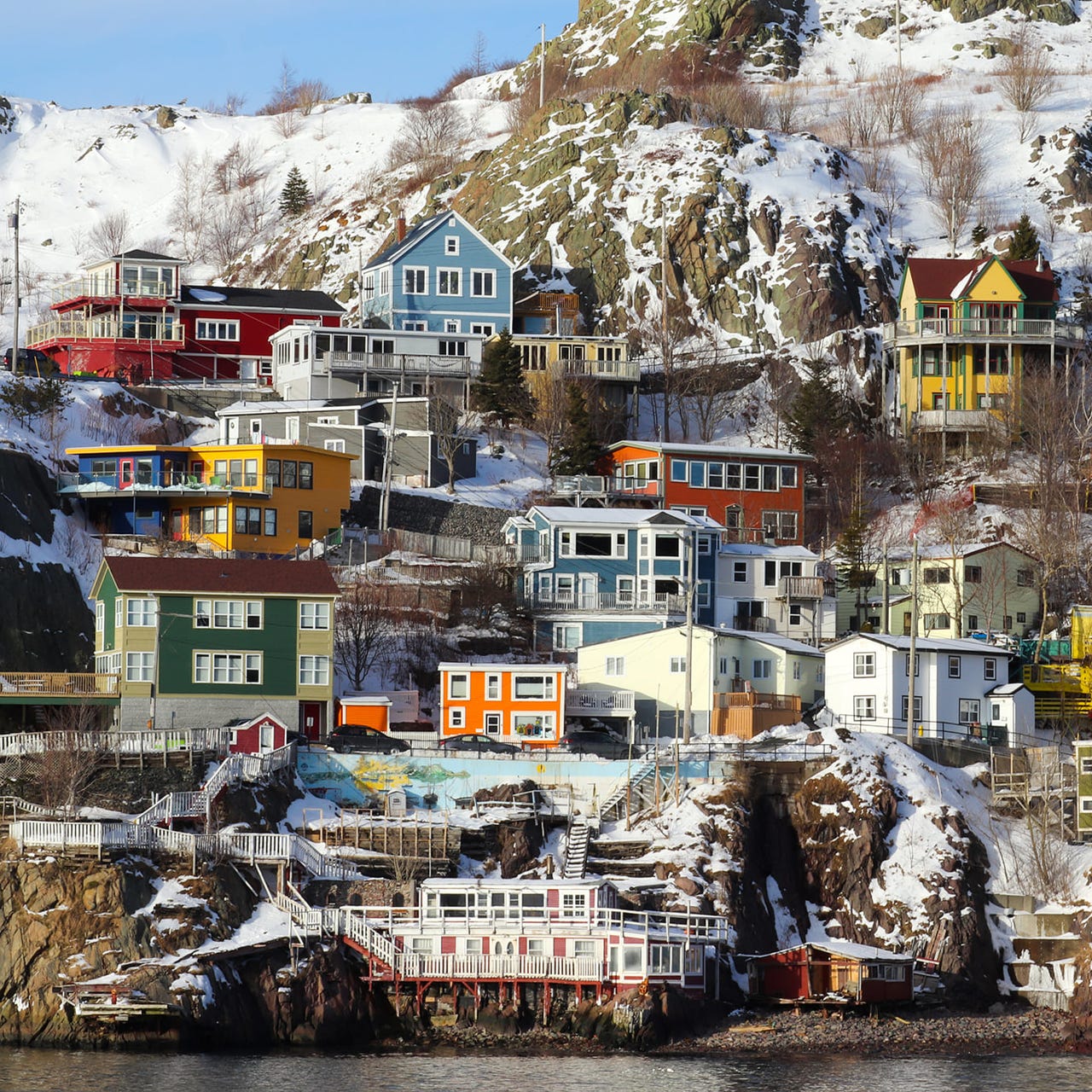
Bit of flotsam goes floating by on the Internet the other day.
Someone repeats advice from an economist who wants to help people be “public intellectuals.”
That’s not what caught my eye. Twas the advice from this wannabe guru that no more than 20% of what you write online should be “negative” if you want to be a successful public intellectual. Make sure what you say and write is positive.
That’s not what any public intellectual would say.
That’s what a marketer would tell you. A self-promoter. A grifter who’s already figured out the online angle of giving people advice to do what you do. And to really make it clear this economist was just another common as muck online huckster the whole thing was in bullet points, which is a dead give-away. Make lists. Be brief. That’s what they teach in huckster school. You can see all the blogs and Substacks that do everything in bullet lists. These folks read one of those lists that list “how to write a blog.”
Saying to limit anything negative or critical to less than 20% of what you write is like telling someone to smile all the time. Be pleasant. Never controversial. You want people to like you. Get them to follow you so you can build up a big audience and then sell that audience to make money. Get them to buy whatever it is you are selling. Like lists of mindless words pretending to be advice.
Public intellectuals are 180 degrees the opposite of that. They don’t give two shits if you like them or not. They want to be controversial. They want to challenge you. They want to shake you out of your complacency, make you think.
Public intellectual. Salman Rushdie. Naomi Wolf. Christopher Hitchens. Neil deGrasse Tyson. Anne Applebaum. Stephen Fry. Regis Debray. Rex Murphy. Mathieu Bock-Cote. Doug House. Ken Boessenkool. Ian Brodie. Mary Beard. Noam Chomsky. Margaret Atwood. Peggy Noonan. Camile Paglia. Susan Sontag. William F Buckley. James Baldwin. There’s a long list.
What this economist poser was doing is telling people how to do what he’d done. Turn himself into a commodity, which he packages and sells. If he stays at it long enough, he’ll change all sorts of things about himself including what he says so he can keep moving the commodity off the shelves.
Public intellectuals are about ideas. Self-marketers, self-promoters are in it for themselves. They sell themselves. They commodify themselves. A horrible word is commodify but truly the only one that captures the idea of turning something into a product to sell. Not making something like you would in a factory or creating a piece of art. But transforming something else into a product.
A public intellectual is not the kind of person who would use the word “alacrity” to describe the response by Prime Minister Carney to Pierre Poilievre’s seat in the Commons after the election. Carney did not respond to Pierre with “cheerful readiness” or “speed and eagerness.” He was prompt. He was quick, both of which would have been perfectly good English words for our television host to use. Most people know what they mean.
But alacrity carries with it that sense of cheerfulness, eagerness, or pleasure for which there was no evidence in anything the Prime Minister did or said. My friend calls to invite me out to dinner for my birthday, I respond with alacrity. Carney? He acted quickly having thought about the issues and the possibility with his advisors ahead of time, since they knew a quick by-election was an option. But there was certainly no personal sense of joy in the Prime Minister’s heart, let us be assured.
Alacrity served another purpose for our television celebrity. Because it isn’t a very common word, it *sounds* imposing to a lot of people, even those with good educations but a relatively limited vocabulary. “Alacrity” sounds like something a smart person would say. The well-educated members of the audience might vaguely remember “alacrity” as a word associated with speed but they might have forgotten the sense of joy it carries with it. They would not have gone to look it up. The others would simply be impressed by the big word and assume their host got it right.
The word is there solely because it makes the host look better. It’s the same as his tendency to explain complex ideas using very big words rather than - like a great many other successful hosts would do and have done - which is have a guest on with expertise in the area to let *them* explain it. That wouldn’t help him sell the commodity, though, which is himself. This is the Age of Celebritocracy, after all, and this fellow has very much been part of it.
We’ve had our fair share of public intellectuals in Newfoundland and Labrador, moreso in the past than now. Some are in the list above, like Doug House, but we could also include Lin Jackson, a philosopher who wrote a couple of very timely and thoughtful books about Newfoundland and Labrador’s place in Canada or Hank Williams, a geologist who had a very good side hustle from his university research and teaching gig telling people on tours or at conventions about the fascinating geology of his home province.
We’ve more commonly had experience with turning parts of our culture into commodities. The Fogo Island Inn is one of the best, if little discussed, examples of packaging up the society and culture of Newfoundland and Labrador into a sort of theme park. Mummering still goes on but the practice has become a commodity for sale whether it is in the parade in St. John’s or in any of the fridge magnets or figurines of cartoonish mummers that you find in shops that cater to tourists.
Mummering was a working class social custom that has been revived in a Jurassic Park recreation for townie middle class types and Mainlanders looking for some authentically fake Newfieness. The modern version is appropriated - adopted out of context for profit - from the past and from people very different from the modern pretendian mummers socially and put to a very different purpose than it had been used before. While some of the academics who think about things like commodification and cultural appropriation might quarrel with the way I’ve linked them together here, the two notions can happen together and can be interrelated. For example, we’ve had the experience of a community where mummering thrived for a couple of centuries copy the invented townie version rather than just revive the tradition as we know the people in that community experienced it. And in the sense of turning an old cultural belief into modern cash, there are events like the Krampus festivals in Alpine Germany, Switzerland, and Austria that turn an old belief in the anti-Santa into a chance to lure tourists to charming little towns in the off season.
What’s unmistakeable about the townie mummers is that the way that in the appropriation of the rural custom, the new one is entirely divided on class lines. You don’t see too many people from Shea Heights, Jensen Camp, Crosbie Road, or Buckmasters Circle heading out to the Mummer’s Parade as part of their longstanding cultural practice. You will however see lots of townies from east and west ends as well as Mainlanders - usually transients - looking for their bit of local culture the same way that in the university’s history department, local history is now mainly a course for people with no personal connections to Newfoundland and Labrador.
For the local better-offs, it is also a way of signalling their social aspirations or belonging to the townie middle class much the same way the Cult of Slaughter at Beaumont Hamel appropriates an actual historical event for what is now entirely a modern social signal of status. Trotting out pictures of an ancestor killed on the day or, better still, posting pictures of your most recent trip to Beaumont Hamel put you on another social tier within the group. And if you got to play-act as the family of the Unknown, then you are the apex poser.
Beaumont Hamel and the Royal Newfoundland Regiment on July 1 have become something turned into a commodity for sale in various forms, divorced in every respect from their historical context for Newfoundland and Labrador. Screech-ins go with this, too. Originally a marketing gimmick for Screech, it has turned into a way to gift Newfoundland identity to Mainlanders by going through a ridiculous mock ritual involving gibberish and a dead fish and a shot of rum.
That this idiocy became most popular at a time of supposed Newfoundland nationalist fervour in the 1970s and underwent a revival in the early 21st century during another outbreak of supposed nationalism should tell you much about both the Screech-ins and about nationalism as a part of the same pose. You cannot become a Canadian, even figuratively, by eating a butter tart and swilling a bit of a large double double as you tell people you are going oot and aboot the hoose, eh, while wearing a toque. No one in Quebec would dream of creating an Erable Veritable ceremony that involved maple syrup, a Joe Louis, and saying salut, ca va how’s yer power saw asti or some other Franglais nonsense.
One of Canada’s leading journalists made an observation recently on X about how the British were cozying up to Donald Trump and undermining Canada at a time when our relationship with the Americans is shaky. Hardly seemed right, what with the Commonwealth and all. Absolutely true, I replied, but not unusual. In the last part of the 19th century, Britain screwed Newfoundland and Labrador over a couple of times first to protect its relationship with Canada and its relationship with the Yanks, the second to protect its own financial relationship with the United States.
Through it all there was relentless agitation from Britain to get the Newfoundland government to pay for a local volunteer defence force, paid for of course by the local government and despite the security guarantees of the Royal Navy that aptrolled offshore. The British concern was for the safety of its own transatlantic cables, and they were quite happy to see a railway that would make it easier for the soldiers to get from their base in Sin Jawns to Placentia and Heart’s Content, where the cables left for the mainland and arrived from Britain respectively.
The British weren’t prepared to help financially, of course, with either the soldiers or the railway or with the financial consequences of their 1890 decision to block a trade deal between Newfoundland and the States. But they still insisted just as firmly as the Newfoundlanders resisted just as firmly. The strained relations over the 1890 failed trade deal with the Americans made the Newfoundlanders less inclined to be nice to the British for something they wanted and obviously was intended to defend their interests moreso than the locals’ interests. The ongoing confrontation ended in 1901 with a spectacular diplomatic row that included the premature departure of a buffoon of a governor and the British agreeing to let the Newfoundlanders pick who wound up coming from England as a governor.
The point of telling you that story is as a reminder of how we sell ourselves short both in Canada, generally, and in Newfoundland and Labrador particularly, by not exploring the long and in many cases very different history of Newfoundland and Labrador. We would see ourselves differently in St. John’s or Goose Bay or Nain and Canadians would see themselves very differently. We - that is with the Mainlanders added in - would also have more examples to use when trying to figure out what is happening today or how we might respond to current events.
“Newfoundland and Canada, separate countries for so long, exist as two solitudes within the bosom of a single country more than 65 years after Confederation.” That’s how I put it almost a decade ago in a piece on July 1. “They do not understand each other very well. Canadians can be forgiven if they do not know much about Newfoundlanders beyond caricatures in popular media, let alone understand them. But Newfoundlanders do not know themselves. They must grapple daily with the gap between their own history as it was and the history as other Newfoundlanders tell it to them, wrongly, repeatedly.”
Here we are 10 years later and an American president has poked Canadians about their identity. Some Albertans putting on the separatist mask. Quebec, too, is asserting its identity. But in Newfoundland and Labrador, while we have plenty to talk about, there is just silence, except for the crowd on George Street cranking up the Screech-ins for another selling season of “more memorable experiences,” this time with public cash from the guv’mint to teach people how to work in the hospitality business. Like we haven’t been selling ourselves - most often a false version, often just short - for so long, it should be in our bones.






"Hank Williams" not "Hank Snow"
Good one Ed
As a former Twillingator mummer I decry the new cult being foisted.
Merle Vokey be damned